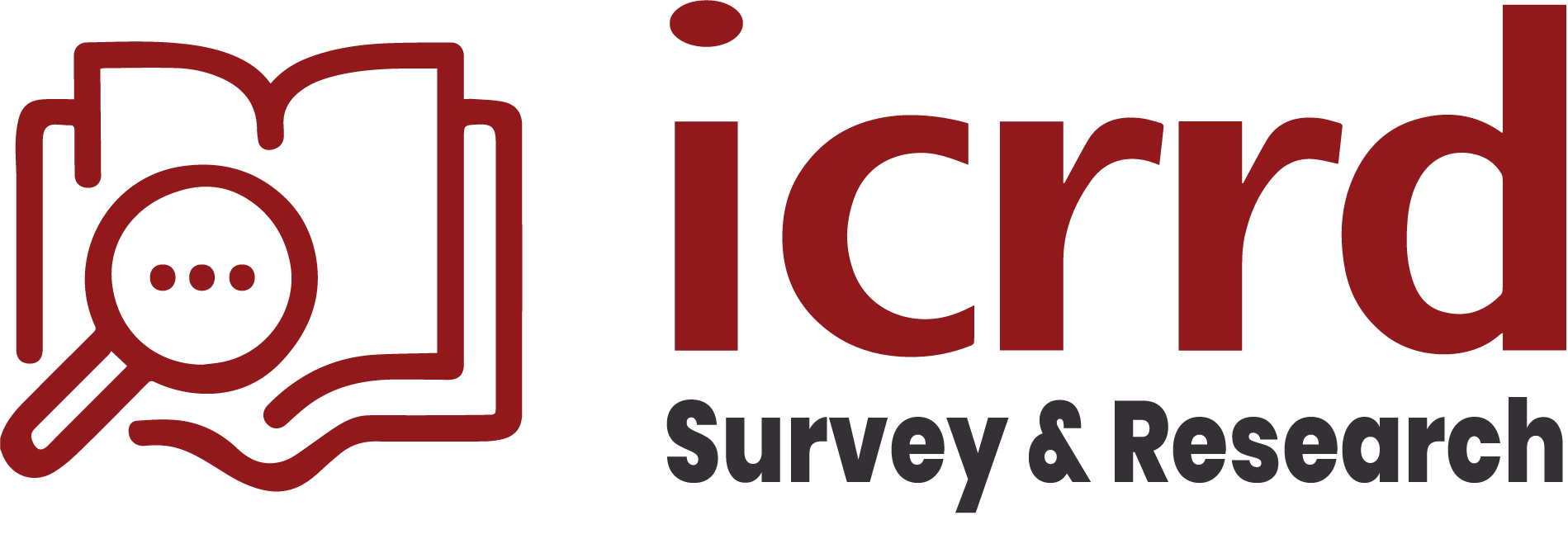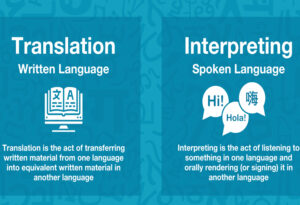Research design consultancy involves providing expert guidance and support to individuals or organizations in designing and planning their research projects. As a research design consultant, you help clients develop effective research strategies, select appropriate methodologies, and ensure that their studies are well-structured and aligned with their research objectives. Here’s a step-by-step guide on how to conduct research design consultancy:
Understand Client Objectives:
Start by understanding your client’s research objectives and goals. Listen to their needs and requirements to ensure that you have a clear understanding of what they aim to achieve through their research.
Assess Feasibility:
Evaluate the feasibility of the client’s research project. Consider factors such as the research scope, available resources (including time, budget, and personnel), and potential limitations or challenges that may arise.
Identify Research Questions:
Work with the client to identify specific research questions they want to answer through their study. These questions should be clear, focused, and directly related to their research objectives.
Select Research Methodology:
Advise the client on selecting the most appropriate research methodology based on their research questions, resources, and the nature of the data they need to collect. Common research methodologies include qualitative, quantitative, mixed methods, case studies, experiments, and surveys.
Develop Research Instruments:
Assist the client in designing research instruments such as questionnaires, interview guides, observation protocols, or data collection forms. Ensure that these instruments align with the chosen research methodology and effectively capture the required data.
Plan Data Collection and Sampling:
Help the client plan the data collection process, including determining the target population, sampling techniques, and data collection procedures. Address any potential biases or limitations in the sampling approach.
Ethics and Consent:
Ensure that the client’s research design adheres to ethical standards and guidelines. Discuss the importance of obtaining informed consent from research participants and maintaining confidentiality and data privacy.
Data Analysis Strategy:
Discuss data analysis strategies with the client, including the use of appropriate statistical techniques or qualitative analysis methods. Advise on the selection of data analysis software or tools if necessary.
Develop a Research Timeline:
Assist the client in developing a realistic timeline for their research project. Break down the research process into manageable milestones and set deadlines for each stage of the project.
Review and Feedback:
Provide feedback on the client’s research design and offer suggestions for improvement. Review the research proposal or plan and ensure it aligns with best practices and research standards.
Monitoring and Support:
Stay engaged with the client throughout the research process, providing ongoing support, answering questions, and offering guidance as needed.
Evaluation and Reporting:
Assist the client in evaluating the research outcomes and help them present their findings in a clear and meaningful manner. Offer guidance on data interpretation, drawing conclusions, and making recommendations based on the research results.
As a research design consultant, your role is to help clients develop robust and well-structured research projects that generate valuable insights and contribute to their overall objectives. Effective communication, flexibility, and a thorough understanding of research methodologies are essential traits for a successful research design consultancy.




